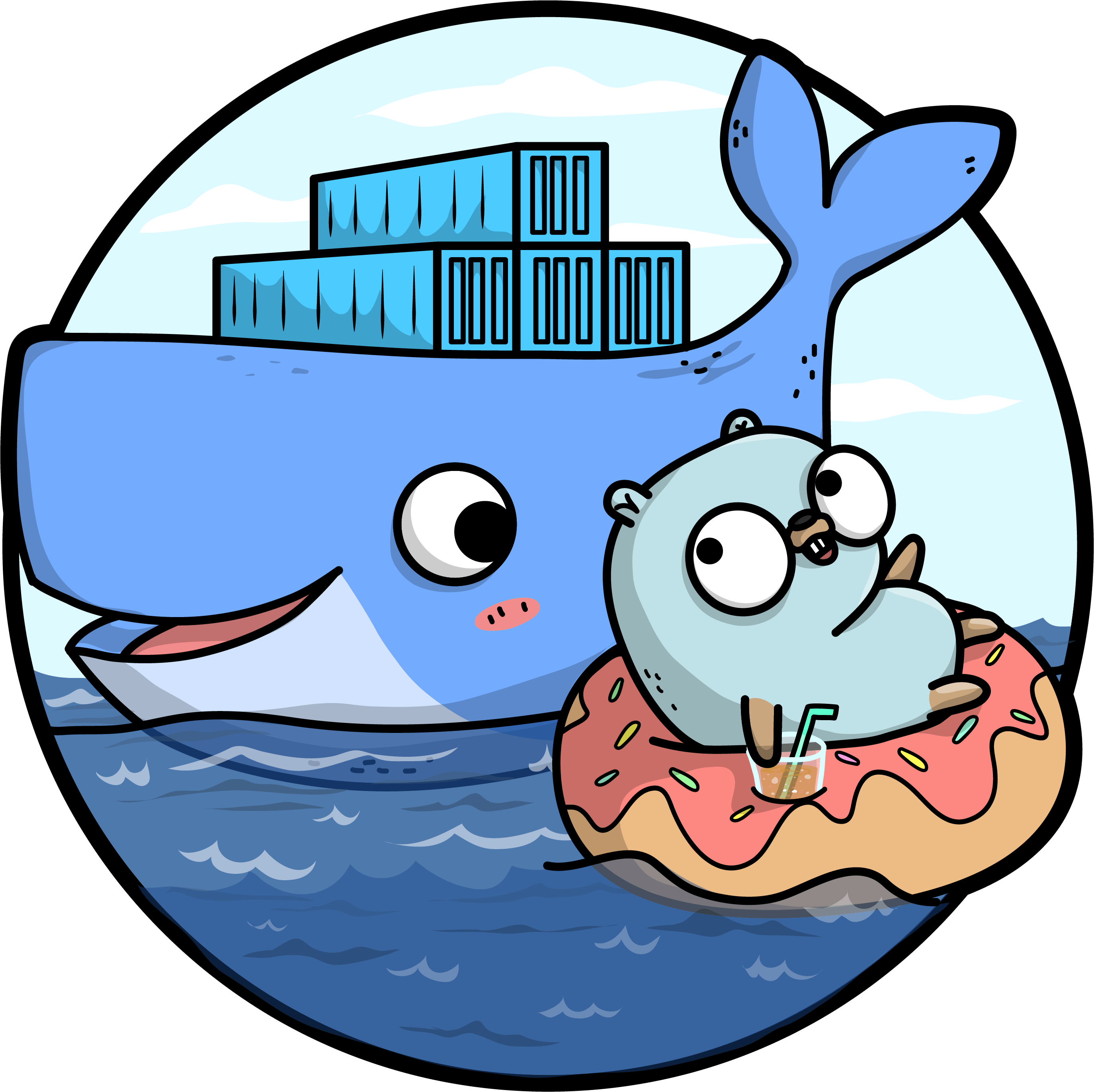Flexible Env in Go

Forewords
I was doing hobby project, nothing special, server with authentication few endpoints and connection to database. I wrapped this project in docker to distribute project to another developer, he wanted to help with fronted but not that fluent at the backend part. Then I realized that my friend does not want to struggle with database setup and so on. So, solution was straight forward - docker-compose.
Problem
I prefer using .env instead of typing stuff to cli. I found out really elegant solution. You can still use .env and parse it easily with
github.com/caarlos0/env/v6, specify default values or even load file (certificates etc). But in docker-compose you need to specify same ports for database for example. Here comes github.com/joho/godotenv, if you provide environment variables via dockerfile or docker-compose it will override constants in your .env.
Solution
package config
import (
"log"
"github.com/caarlos0/env/v6"
"github.com/joho/godotenv"
)
type Config struct {
Env string `env:"ENVIRONMENT" envDefault:"dev"`
ServerPort string `env:"SERVER_PORT" envDefault:"8080"`
DbHost string `env:"DB_HOST"`
DbPort string `env:"DB_PORT"`
DbUser string `env:"DB_USER"`
DbPassword string `env:"DB_PASSWORD"`
DbDialect string `env:"DB_DIALECT" envDefault:"sqlite3"`
}
func ParseEnv() *Config {
if err := godotenv.Load(); err != nil {
log.Fatal("Error loading .env file")
}
var cfg Config
if err := env.Parse(&cfg); err != nil {
log.Fatal("Error parsing .env file")
}
return &cfg
}
Not sure if it will be useful to anyone, but i decided to share it.
Cover from github.com/ashleymcnamara/gophers.